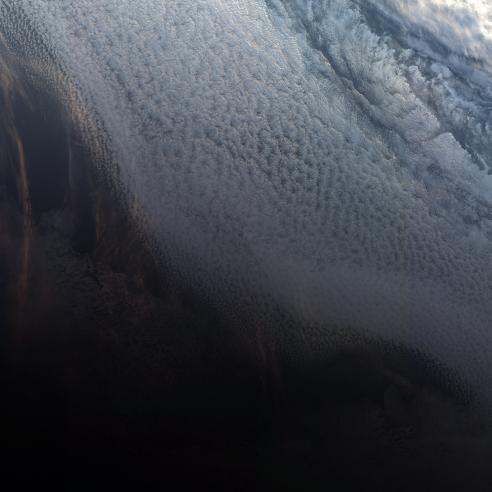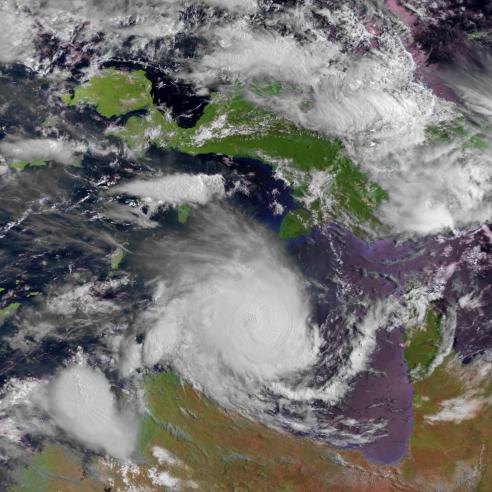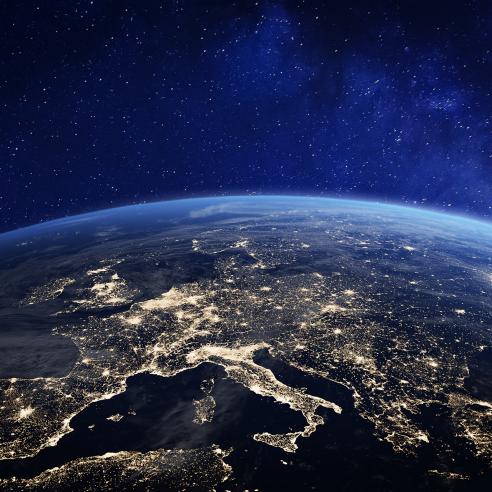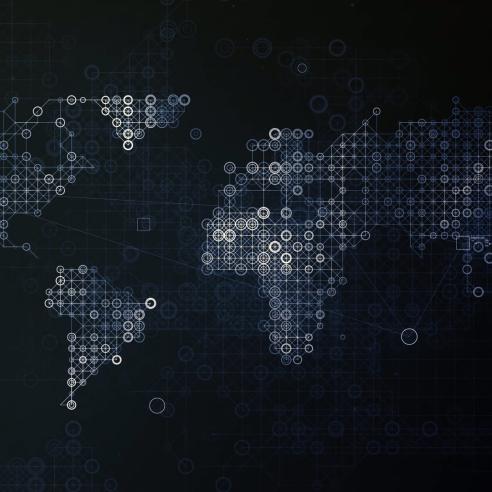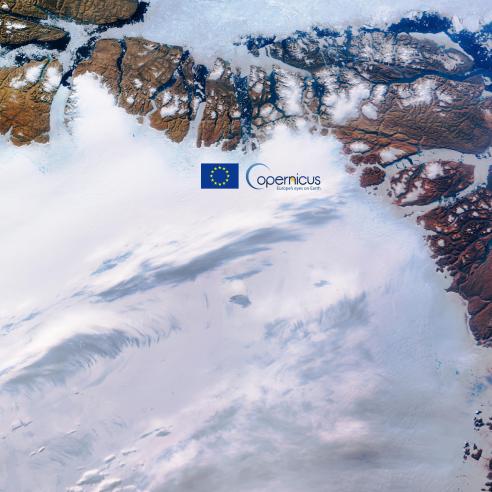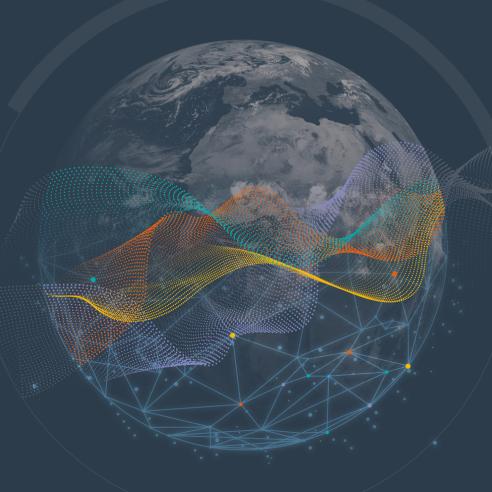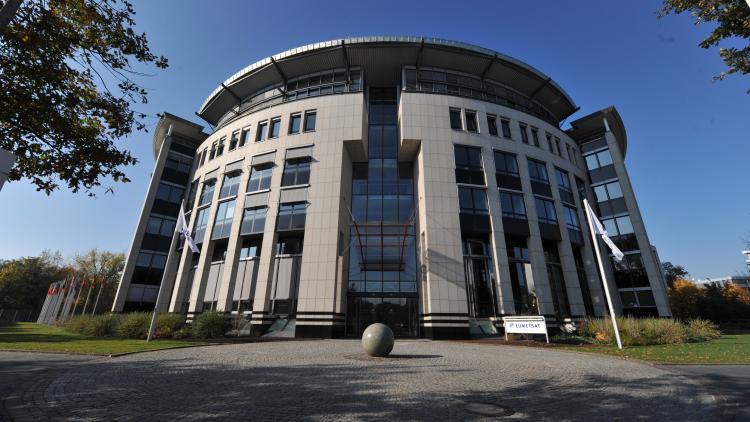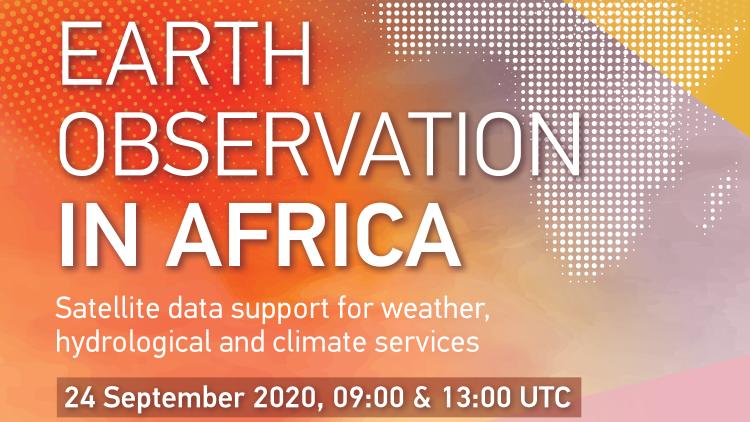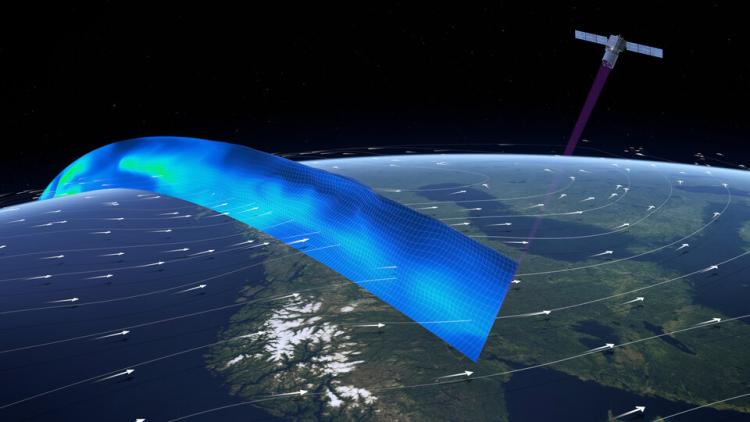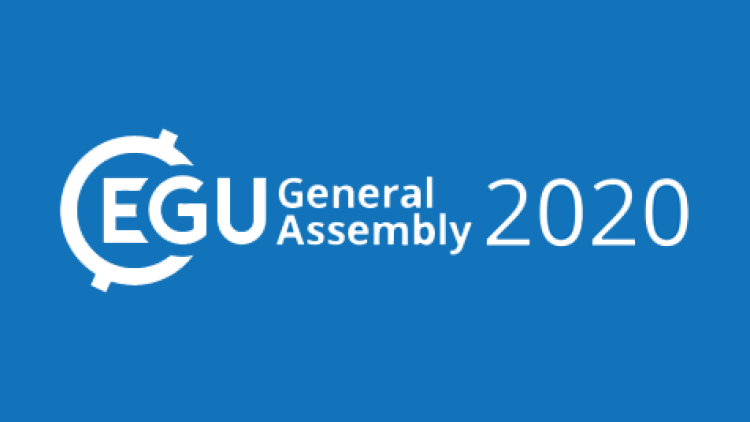07 January 2026
12 June 2023
Through a framework established by the World Meteorological Organization (WMO), EUMETSAT maintains global, multilateral and bilateral cooperation frameworks, which cover exchange of data and scientific expertise and training, with the objective of maximising benefits to EUMETSAT’s member states and partners around the world.
The Coordination Group for Meteorological Satellites (CGMS) coordinates the activities of operational and research and development (R&D) space agencies in support of weather forecasting and climate monitoring. EUMETSAT joined the CGMS in 1987 and has since been its permanent Secretariat.
The Committee on Earth Observation Satellites (CEOS) is recognised as the major international forum for the coordination of Earth observation satellite programmes and for the interaction of these programmes with users of satellite data worldwide. EUMETSAT has been a member of CEOS since 1989.
The Global Climate Observing System’s (GCOS) vision is that all users have access to the climate observations, data records and information they require to address pressing climate-related concerns. EUMETSAT supports GCOS activities with the production of accurately calibrated and homogenised observations (fundamental climate data records).
The Group on Earth Observation (GEO) is a voluntary partnership of governments and international organisations. GEO provides a framework within which these entities can coordinate to develop new projects and work towards the key objective of the group: global access to affordable Earth observation data.



